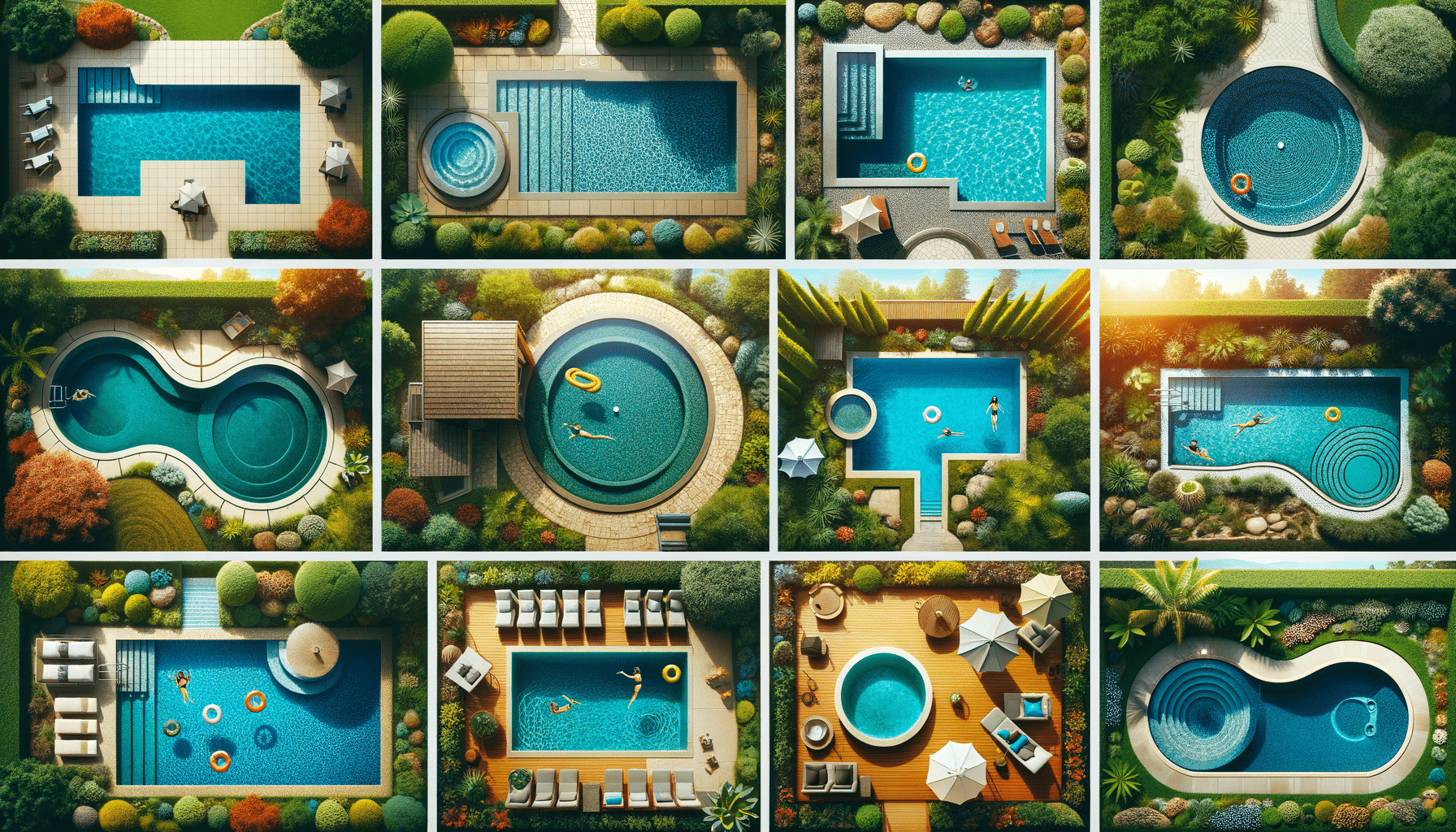
Essential Factors to Consider When Installing a Pool
Introduction to Swimming Pools
Swimming pools have long been a symbol of luxury and relaxation, providing a refreshing escape right in your backyard. Whether you’re looking to enhance your home’s value, improve your family’s fitness, or simply enjoy leisurely swims, installing a swimming pool can be a rewarding investment. However, the process involves careful planning and consideration of various factors to ensure you make the most of your investment. This article explores the critical aspects to consider when installing a swimming pool, helping you make informed decisions that align with your lifestyle and budget.
Types of Swimming Pools
When considering a swimming pool installation, the first decision often revolves around the type of pool that best suits your needs. There are several types to choose from, each with its unique features and benefits:
- In-ground Pools: These are permanent structures built into the ground, offering a high degree of customization. They can be made from materials like concrete, fiberglass, or vinyl. In-ground pools are known for their durability and aesthetic appeal.
- Above-ground Pools: These pools are more affordable and easier to install than in-ground options. They are typically made of metal or resin and can be disassembled, making them a flexible choice for those not looking for a permanent fixture.
- Infinity Pools: Known for their stunning visual effect, infinity pools create an illusion of water extending into the horizon. They are a luxurious option often seen in high-end properties.
- Lap Pools: Designed for fitness enthusiasts, lap pools are long and narrow, ideal for swimming laps. They can be either in-ground or above-ground.
Each pool type has its pros and cons, and the choice will largely depend on factors such as budget, available space, and intended use. Understanding these options will guide you in selecting a pool that complements your home and lifestyle.
Planning and Design Considerations
The design and planning phase is crucial in ensuring your swimming pool fits seamlessly into your outdoor space. Here are some key considerations:
- Space and Location: Evaluate the available space and choose a location that offers privacy and convenience. Consider factors like sunlight exposure, proximity to the house, and existing landscaping.
- Design and Aesthetics: Your pool should complement your home’s architecture and landscape. Consider features like shape, size, and additional elements such as waterfalls, lighting, or decking.
- Safety and Accessibility: Ensure the design includes safety features like fencing, pool covers, and non-slip surfaces. Accessibility features such as steps or ramps can enhance usability for all family members.
Thorough planning during this phase can prevent costly changes later and ensure your pool is both functional and visually appealing.
Cost and Budgeting
Installing a swimming pool is a significant financial commitment, and understanding the costs involved is essential for effective budgeting. The cost will depend on several factors, including:
- Type of Pool: In-ground pools generally cost more than above-ground options due to construction and material expenses.
- Size and Features: Larger pools with custom features like lighting, heating, or water features will increase the overall cost.
- Maintenance: Consider ongoing costs such as cleaning, chemical treatments, and repairs. Investing in energy-efficient equipment can reduce long-term expenses.
It’s advisable to obtain multiple quotes from reputable contractors and factor in contingency funds for unexpected expenses. A well-planned budget ensures you enjoy your pool without financial strain.
Maintenance and Upkeep
Regular maintenance is crucial to keep your pool in pristine condition and extend its lifespan. Key maintenance tasks include:
- Water Quality: Regular testing and balancing of water chemistry prevent issues like algae growth and equipment damage. Automated systems can simplify this process.
- Cleaning: Routine cleaning of the pool surface, filters, and skimmers is essential to remove debris and maintain water clarity.
- Equipment Checks: Regular inspection of pumps, heaters, and filters ensures they function efficiently and helps identify potential issues early.
Investing time and effort in maintenance not only keeps your pool safe and inviting but also protects your investment by preventing costly repairs.